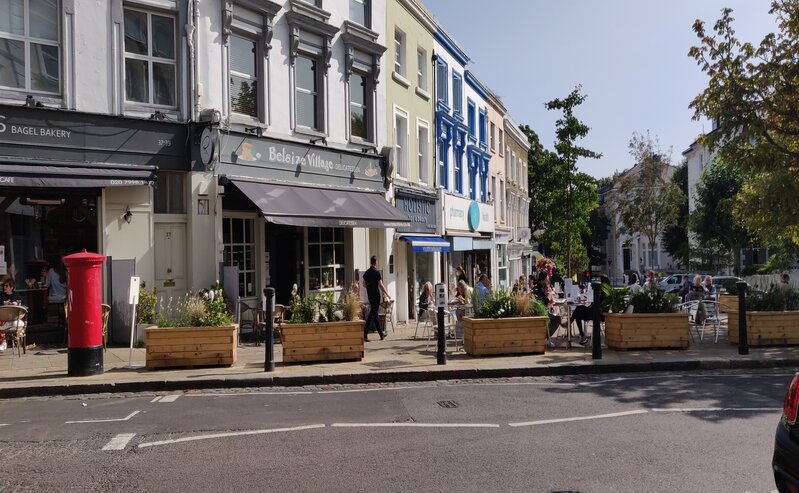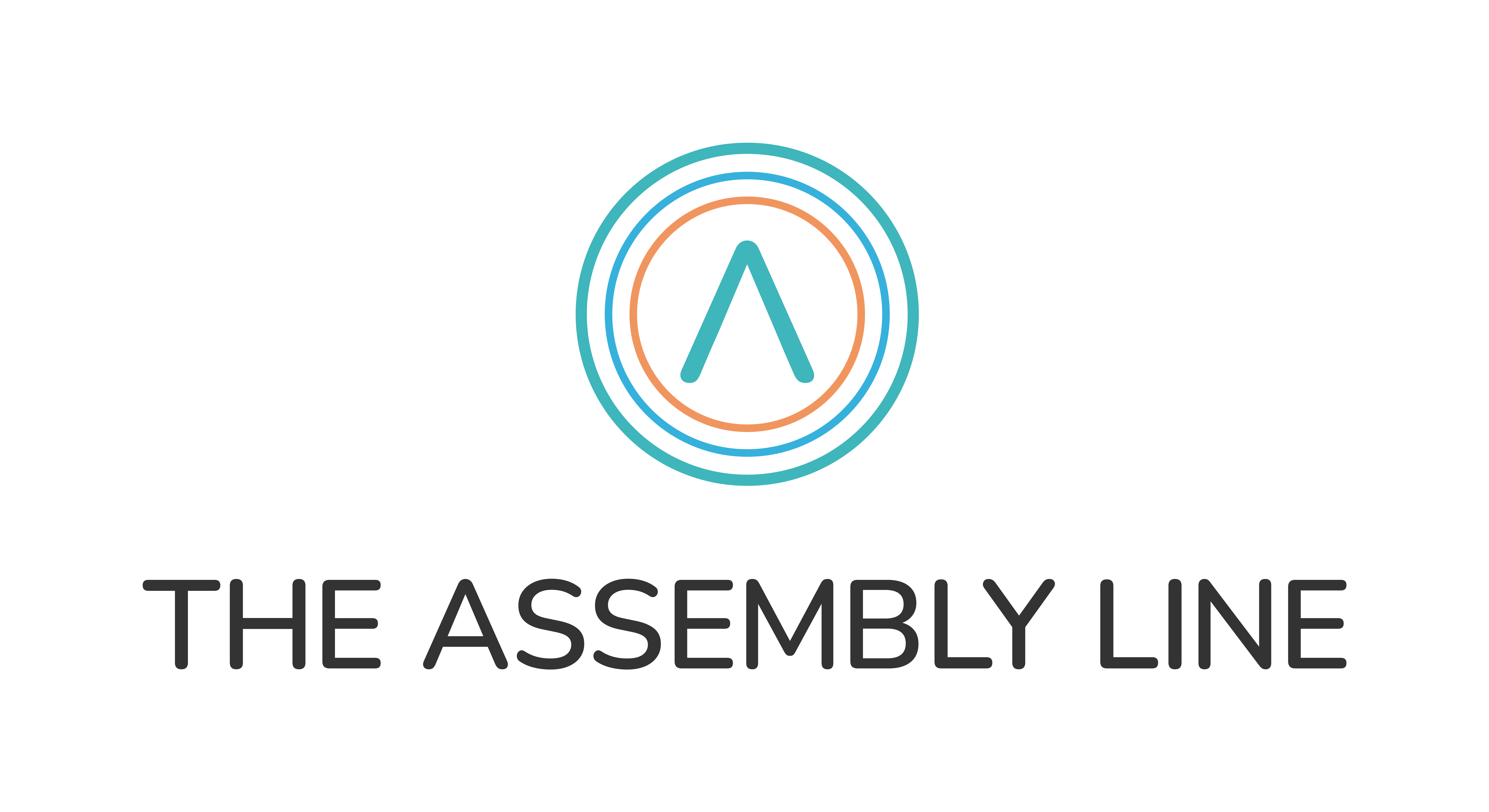
03 Mar Events on at The London Society this spring!
This month we’ve curated a series of events with Roland Karthaus of Matter Architecture for The London Society
Diane, our director is a Trustee at The Society whose mission is to value the past whilst looking to the future.
The 2021 programme is on the theme of ‘change’ which is very much ongoing and more so than ever as Covid-19 restrictions remain in place. The trustees wanted to look at how the many factors impacting London (and beyond) – the pandemic, Brexit and the climate emergency amongst them – might change how we meet, work, live, travel and use public space.
With events having moved online last year, there was an opportunity to include people outside London amongst the speakers providing for a wider discussion, we hope.
The March programme focuses on changes in how we use the public realm. Over four sessions we’ll hear more about adaptations that were made in 2020 and what might become permanent/return, consider how the 15-minute city can work for everyone, discuss what we might find on the high street when restrictions lift and hear from young people about their views on the city alongside organisations who are actively engaging them.
The full programme is bookable on The London Society website and open to all. Events start 4 March then every Thursday 630-730pm.
Thursday 4 March 2021: London and Paris: making healthy, accessible, local cities
Paris’ adoption of the 15-minute city model has sparked imagination around the world. With the COVID-19 pandemic accelerating changes to our cities, many are taking the opportunity to rethink how people use our cities in all formats, – be it walking, cycling or driving.
In London, 2020 saw the widespread adoption of the central government initiative to create more public space for pedestrians and cycling. Unfortunately, these changes (have in some cases) been quickly reversed, and in others created polarised debates between cyclists and drivers that distract from the bigger opportunities to repurpose our neighbourhoods and local centres.
London has always been a ‘city of villages’ so is now the time to make this leap? How can we create connected neighbourhoods, genuinely co-designed by Londoners and truly accessible for all ages, physical abilities and social backgrounds? Can we learn from the experience of Paris and what do we need to do differently to create London as a 15-minute city?
In this talk, we will hear from Professor Moreno, the architect of the proposals for Paris, as a 15-minute city, Phillippa Banister (Street Space) on how working with local communities can bring change in how streets are used, Kirsty Hoyle (Transport for All) highlighting their ‘Paving the Way’ report and how better consultations can improve street space for accessibility and Julia Thrift (Town & Country Planning Association) who are developing their own proposals for UK-wide 20-minute cities.
The event is chaired by Roland Karthaus, Matter Architecture
Thursday 11 March 2021: What will the High Street look like when it reopens? What might we find there and who is it for?
The pandemic has accelerated changes to our high streets and there seems to be an acceptance that the public realm will be about people and places primarily, rather than retail and high streets as we know them, but what might we find when we venture out again?
Places don’t always need large-scale interventions to affect change. Much of the discussion to date has been on converting high street retail spaces to residential and workspaces, but it’s important that solutions are bespoke and not a ‘one size fits all’ approach.
If it’s not residential or workspaces, what else might it be? What renewed civic and community purposes can the high street provide and what needs to change to enable this? What role will communities play in shaping the high street?
Join us for a panel discussion on what next for the high street with those who are exploring new approaches.
Speakers include Vidhya Alakeson, CEO of Power to Change, a government advisor on the role of community business in promoting regeneration; Robin Osterley, chief executive of the Charity Retail Association on the role of charity shops on the high street and their hopes for reopening; Chris Hildrey, founder of Hildrey Studio who has created ProxyAddress to support the homeless and Adam Walker, founder of Re: Curate, a consultancy repurposing urban buildings and spaces.
The event is chaired by Diane, our director.
Thursday 18 March 2021: Cities through younger eyes: what can the city offer young people and how can they shape it?
Child-friendly planning policies are popular, with UNICEF launching their child-friendly cities initiative and the Mayor of London published a design guide for a child-friendly London, but how do these work in reality? What is a child-friendly city and are these initiatives simply a good idea or a real solution to changing public spaces?
In this talk, we’ll hear from organisations actively engaging young people in the built environment and we’ll be discussing how we can make our cities and built environment more child-friendly.
We’ll also be asking young people from London and Liverpool to tell us about their experiences of using and shaping public spaces. Do they feel they have a say in how the city is shaped and what should change?
Speakers include Jo Harrop, director of PLACED, a north west-based social enterprise running education programmes for young people and tailored consultation to engage them with the built environment; Sharon Strutt, head of regeneration for Redbridge Council on creating a child-friendly borough; Luke Billingham from charity Hackney Quest on young people creating new public spaces and Sana Tabassum, creator of :scale, an online community design platform for architecture students and designers.
The event is chaired by Dinah Bornat, Mayor’s Design Advocate on Child-Friendly Cities
Thursday 25 March 2021: How can the public realm adapt to meet our needs post-pandemic?
The pandemic has changed our relationship with public spaces. How might we use it to meet, commute, work and socialise in the future and who can access it?
What have we learnt about how we want to interact with the public realm and how can we ensure it’s accessible to all? How we use the public realm is likely to change, with wider ownership of spaces and improved accessibility for all.
In this panel session, we’ll look at adaptions from 2020 where the public realm was quickly repurposed, examples of wider use via Meanwhile and socially inclusive projects and how the recently launched London Design Guide will shape future plans.
Joining us will be David Knight and Cristina Monteira, DK-CM founders who have just launched the Mayor of London’s design guidelines for expanding London’s public realm; architect Jan Kattein who creates projects that leave a social and a physical legacy and Bob-Stephenson-Padron from Belsize Village Business Association who organised the first Streatery in Camden in and sparked the movement in the borough.

